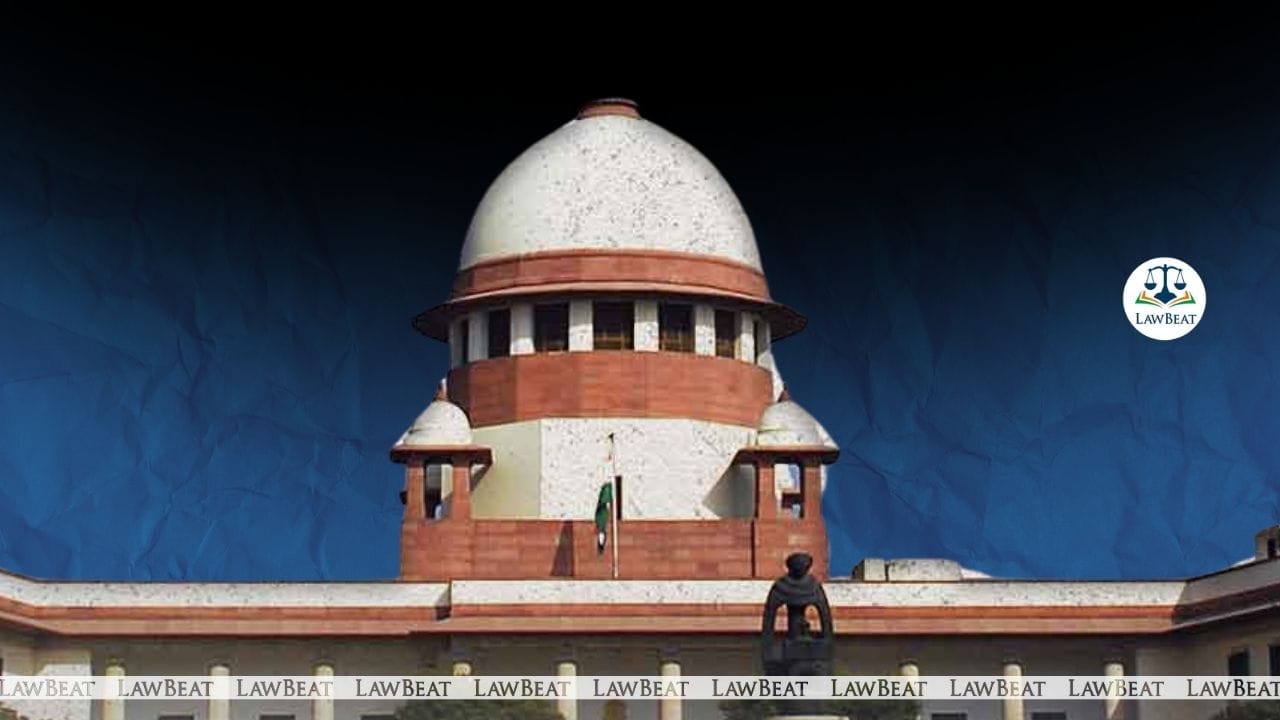'Socio-Economic Background Must Factor into Justice': SC Condones 225 Days Delay

The Supreme Court said it cannot be denied that a considerable proportion of litigants are completely dependent on their counsel, especially in regions with lower economic and educational prowess
The Supreme Court said though caution needs to be exercised in condoning delay in filing appeals, it is imperative to balance the scales of justice in such matters, in view of socio economic background of a large number of litigants who approach the doors of justice.
A bench of Justices Vikram Nath and Sandeep Mehta allowed an appeal filed by Kumari Sahu against the Orissa High Court's order which declined to condone delay of 225 days in filing regular second appeal.
The appellant woman filed a civil suit in 2013 before the Senior Civil Judge, Chatrapur, seeking a declaration that she was herself the legally married wife of Late Raj Kishore Sahoo and to further declare respondents no 1, 2 and 3 as the sons and daughters of the man. She further sought a declaration that the instant respondents no 4 and 5 were respectively not the legally married wife and daughter of Late Sahoo. Her suit was dismissed on July 25, 2016.
She preferred first appeal before the Additional District Judge, Chatrapur, which was also dismissed on October 11, 2021.
The appellant preferred a second appeal on August 22, 2022 against judgment of October 11, 2021 before the high court. Since there was a delay of 225 days in filing the said regular second appeal, she had also filed a detailed application for condonation of delay.
However, the high court, by the impugned order, held that the explanation provided by the appellant for such long delay in presenting the memorandum of second appeal was not at all satisfactory so as to say that the appellant was prevented by sufficient cause for not filing the appeal in time.
Hence, the high court rejected the application for condonation of delay and consequently, the regular second appeal stood dismissed on the ground of delay.
After hearing the counsel and going through the record, the bench noted the application for condonation of delay stated that the appellant was informed by her counsel sometime in July, 2022 about the dismissal of her first appeal, after which she took steps for filing the second appeal which was duly filed on August 22, 2022.
It was further stated that the appellant who was a homemaker and a rustic woman could not prefer the appeal in time due to laches on part of her counsel and the said delay was not deliberate in nature.
The bench also noted it was submitted in the said application as well as before this court that the appellant should not be made to suffer on account of her counsel’s fault.
"We are aware of the caution that needs to be exercised in matters relating to condonation of delay of longer durations. However, it must be noted that balancing of scales of justice becomes imperative when it comes to such matters, especially given the socio-economic background of a large number of India’s population who approach these doors of justice as litigants," the bench said.
The court relied upon Rafiq and Another Vs Munshilal and Another (1981), in which the top court had said, "The problem that agitates us is whether it is proper that the party should suffer for the inaction, deliberate omission, or misdemeanour of his agent. The answer obviously is in the negative... We cannot be a party to an innocent party suffering injustice merely because his chosen advocate defaulted."
Even though the case law was from the year 1981, court said, "We cannot deny the fact that the ground reality of a considerable proportion of litigants being completely dependent on their counsel remains the same, especially in regions with lower economic and educational prowess".
The court found that the appellant-plaintiff had sufficiently explained the reasons leading to a delay of 225 days in preferring the regular second appeal.
"It must be noted that once the appellant became aware about the dismissal of her first appeal, she exhibited haste and preferred the said RSA in August, 2022 itself. Therefore, given the facts and circumstances of the case, we find that the delay deserved to be condoned," the bench said.
The court allowed the application under Section 5 of the Limitation Act and directed for registration of the appeal on regular side.
"We request the High Court to decide the same as expeditiously as possible," the bench said, while clarifying that the appeal should be considered on its own merits in accordance with law.
Case Title: Kumari Sahu Vs Bhubanananda Sahu & Ors
